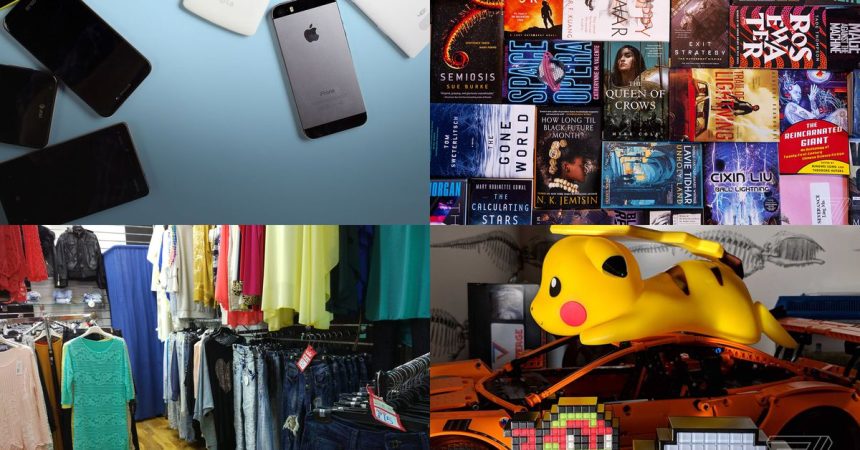The challenge of decluttering responsibly in an age of consumerism and environmental awareness is a pressing one. While the urge to simplify our living spaces and discard unused items is strong, the responsibility to avoid contributing to landfill waste is paramount. Recycling and reusing have become essential practices in preserving the environment, and many regions have implemented mandatory recycling programs for specific materials. Even without legal obligations, individuals are increasingly seeking ethical and sustainable ways to dispose of unwanted possessions. This process has been further complicated by disruptions caused by the COVID-19 pandemic, which impacted the availability of traditional recycling resources. However, online platforms have emerged as valuable tools in facilitating responsible disposal and even offering opportunities to recoup some of the original investment.
When it comes to discarding tech, several avenues are available, depending on the device’s age and condition. For newer technology like smartphones and laptops, trade-in programs offered by manufacturers or retailers like Best Buy, Target, and Amazon can offset the cost of new purchases with gift cards or direct discounts. Online marketplaces such as Decluttr, Back Market, Swappa, and ItsWorthMore specialize in buying and selling used tech, offering cash or store credit in exchange for devices. Donating tech to charitable organizations like Computers with Causes, World Computer Exchange, or Digitunity provides a socially responsible alternative, connecting usable devices with those in need. Various programs also accept old phones for recycling, with proceeds benefiting specific causes like supporting veterans (Cell Phones for Soldiers) or healthcare workers (Medic).
For older tech that may not have resale value but remains functional, donating to local shelters, schools, or libraries can be a viable option. However, for truly obsolete tech, responsible recycling is crucial. Many states have e-waste recycling programs, and electronics retailers often offer recycling services in-store or via mail, albeit sometimes with associated fees. Resources like Earth911 can help locate nearby recycling centers. Battery recycling is also an important consideration, with Call2Recycle offering drop-off locations and mail-in services, along with partnerships with various retailers. Donating vintage or historically significant tech to museums is often challenging, with limited acceptance and specific requirements.
Clothing disposal presents its own set of options. High-end consignment platforms like The RealReal, Rebag, and Vestiaire Collective cater to designer clothing and accessories, offering authentication and resale services. For more mainstream brands, platforms like ThredUp allow users to send in gently used clothing for resale, with payouts in cash or store credit. Donating clothing to charities has become more selective, with organizations like Goodwill facing challenges due to declining overseas resale markets. However, options like Vietnam Veterans of America (pick-up service), GreenDrop (designated drop-off locations), and Give Back Box (shipping program) still provide avenues for clothing donations. Local organizations are also an option, and resources like Charity Navigator and GuideStar can help identify suitable recipients.
Managing overflowing bookshelves often involves selling or donating. Online marketplaces like Amazon and eBay can be challenging for individual sellers due to competition and fees, but may be viable for rare or autographed books. Specialized book resellers like Powell’s offer quotes based on ISBN and condition, followed by mail-in submissions and payment. AbeBooks caters primarily to professional booksellers, while GoTextbooks and BookScouter focus on textbook resales. Local libraries and used bookstores often accept donations or offer trade-in credit. Creating a Little Free Library provides a community-based solution for sharing books with neighbors.
For general household items, eBay remains a popular platform for selling, with varying fee structures depending on product categories. Facebook Marketplace, Nextdoor, and Craigslist offer localized selling and giveaway options. Freecycle and BuyNothing connect individuals looking to give away items within their communities, fostering a culture of reuse and reducing waste. These diverse platforms and resources offer a comprehensive approach to decluttering responsibly, empowering individuals to make environmentally conscious choices while potentially benefiting financially or supporting worthy causes.



